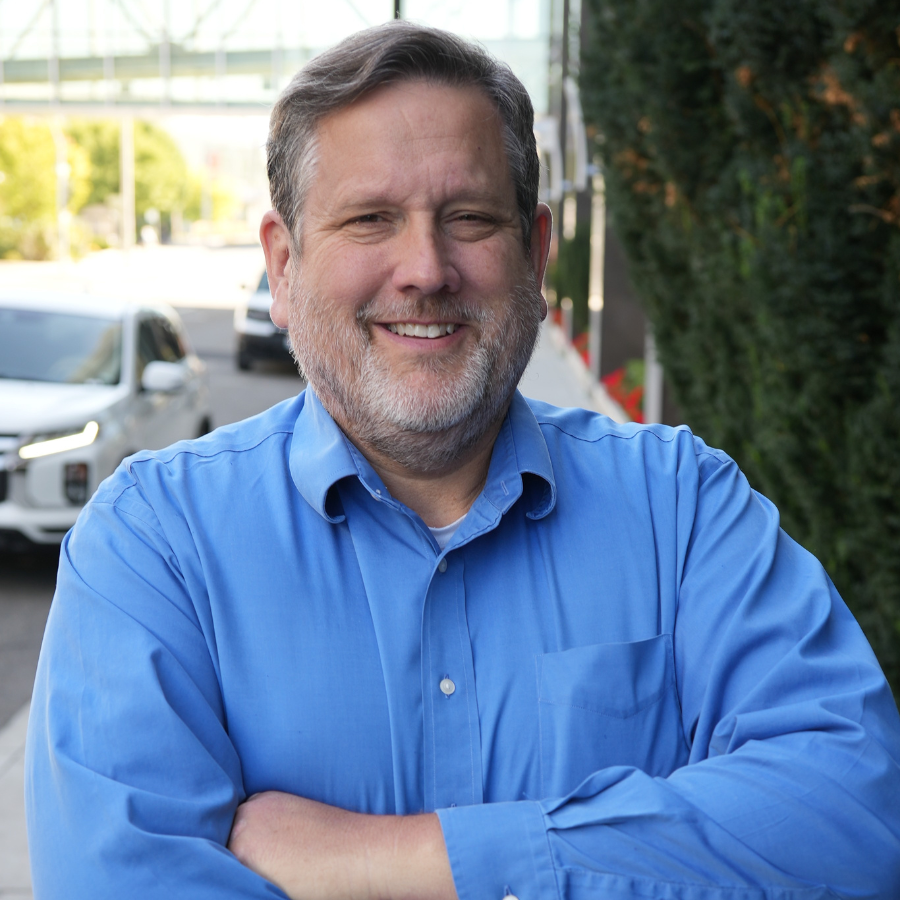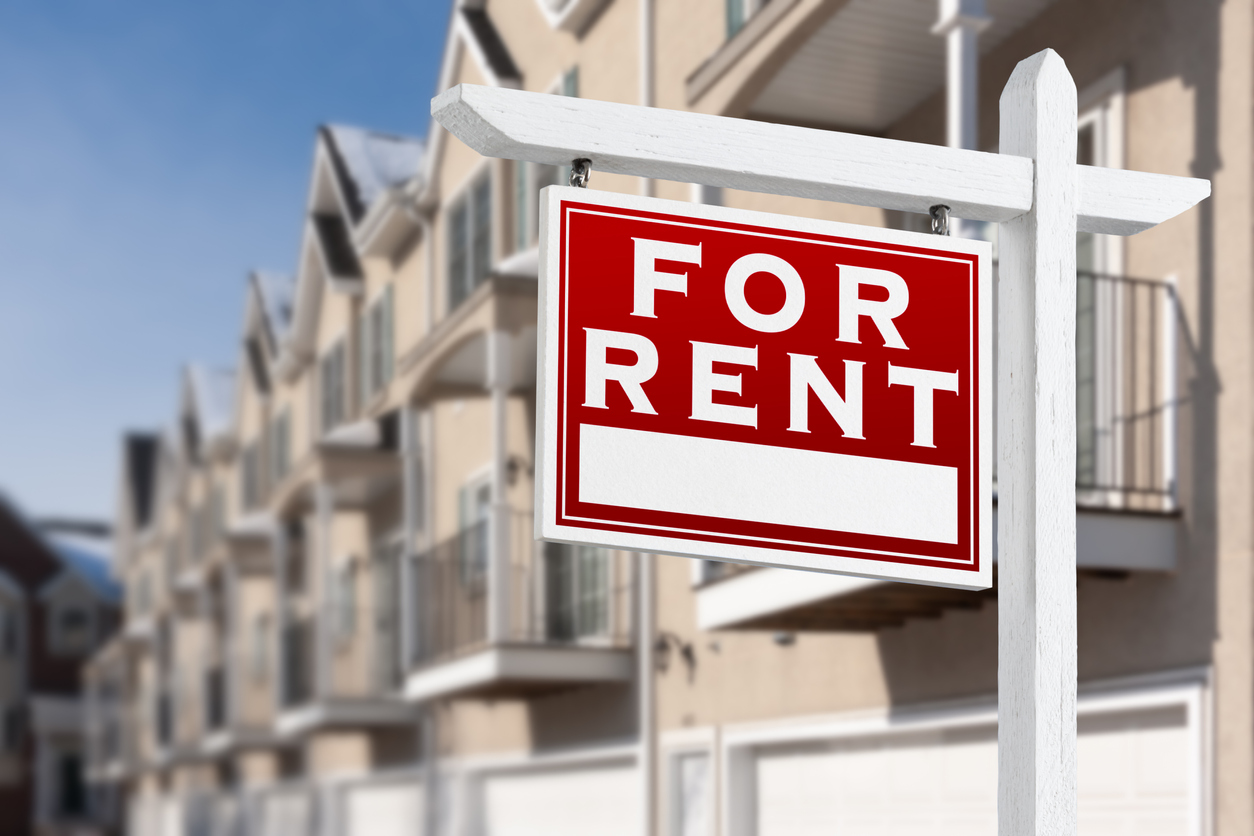Since the income tax on capital gains was first proposed in the Legislature, proponents have insisted on mislabeling it as an "excise tax," which it is not. WPC pointed this out in 2015 when the issue first arose, the IRS clarified the issue in a letter to Congressman Dan Newhouse, and the nature of the tax was confirmed by the revenue departments of all 49 other states. Yet the charade continued. Most recently, the Douglas County Superior Court ruled the supposed "excise tax on capital gains" passed by the Legislature was actually an illegal, unconstitutional income tax.
Despite all that, the Attorney General of the State of Washington very recently insisted on calling the income tax on capital gains... you guessed it, an excise tax. This was in the ballot title for Initiative 1929 which would repeal the income tax on capital gains (if the courts don't throw it out first). For the Attorney General's office to attempt to give this tax the political camoflague of the false "excise tax" label, was a shameful abuse of the office's power. Luckily, the AG has reversed course on this outrageous asurdity. Fortunate also, was the strongly worded editorial in The Seattle Times, "Stop the name games with WA’s capital-gains income tax," published on April 27.
The editorial calls out the Attorney General Bob Ferguson for attempting the same mislabelling as his political allies and points to the fact that the tax's "true effect" is "as straightforward as math." The Times points out the tax "taxes income" and assertions otherwise are brazen attempts to skew the debate. The Times points out the tax "would directly encourage wealth generated in Washington to depart" in part because, wealth can go to any state and "[e]ight states don't tax capital gains at all."
The Times' editorial provides much-needed budget context to the tax debate as well, pointing out that the argument that this tax is needed to provide $445 million for early learning and child care doesn't hold up when one considers the fact the Legislature saw tax revenue projections increase by $3.35 billion during the initial debate on the bill and in the aftermath of its passing. The Times' editorial also crushes the argument that the tax is part of an altruistic scheme to "rebalance the state's tax code" pointing out that it "funds bigger services, not relief for lower-income families."
WPC has long opposed any state income tax, but we've supported honest debate on the topic-- yet an honest debate requires honest language and up to now, far too many income tax advocates have been refusing to talk about what they want clearly and honestly. The Times editorial calls income tax advocates out, strips away their verbal camoflague and challenges them to debate "above board" without "rhetorical games."
WPC is ready for that debate.





